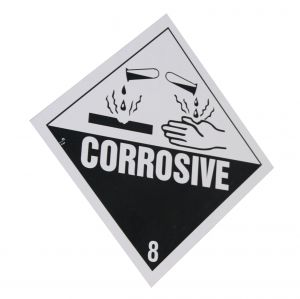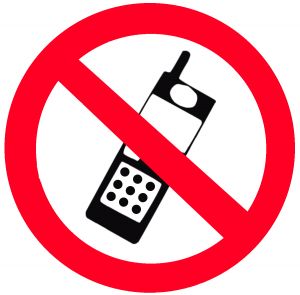A Worcester construction company has been cited by the Occupational Safety & Health Administration with exposing employees to dangerous working conditions in Quincy, Massachusetts.
The government contends that dangerous trenching conditions exposed workers to the potential of being seriously injured or killed in a Massachusetts work accident.

OSHA reports that employees of JE Amorello Inc. were working in a trench deeper than 8 feet that lacked proper shoring and sloping, which could prevent collapse. The government issued the company one willful citation and a proposed fine of $15,400.
“Employers know the unprotected walls of a trench can collapse suddenly and without warning, stunning and crushing workers beneath tons of soil and debris before they have a chance to react or escape,” said Brenda Gordon, OSHA’s area director for Boston and southeastern Massachusetts. “Even though no collapse occurred this time, allowing employees to enter and work in an unprotected trench is both dangerous and unacceptable.”
The inspection also found that the trench did not have a ladder for a swift exit. Brick and excavation material was also found stored at the edge of the trench walls, which can induce collapse. Those conditions resulted in two additional fines totaling $4,620.
OSHA rules require safeguards for all trenches in excess of 5 feet deep. OSHA trenching guidelines for workers and employees are available here.
The Centers for Disease Control reports an average of more than 50 people a year are killed in trench accidents. Three quarters of those deaths are caused by cave-ins.
Continue reading
 Boston Personal Injury Attorney Blog
Boston Personal Injury Attorney Blog











